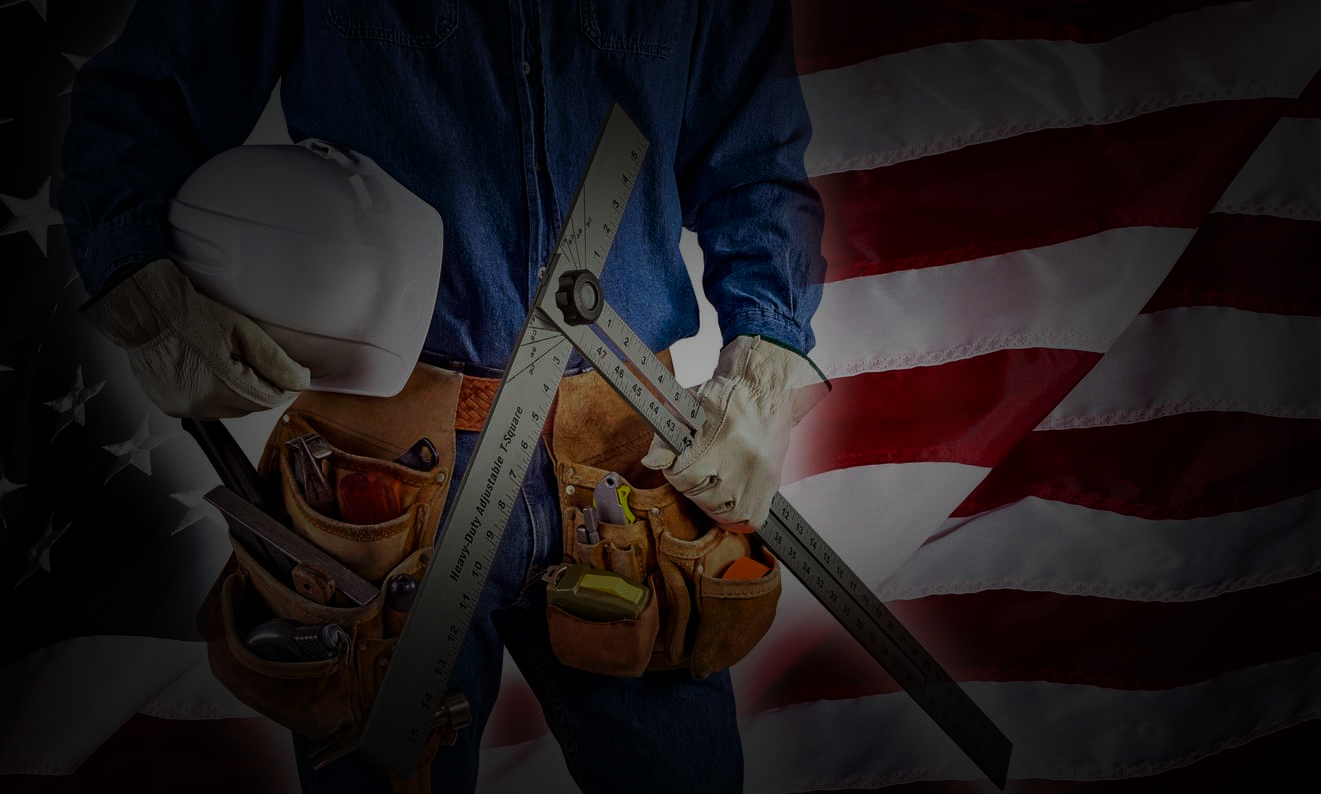"What Makes a Handyman Different from a Contractor or Technician?"

Tips from the Toolbox

When deciding between hiring a handyman, contractor, or technician, it's important to understand the distinct roles and services each provides. Here are the key differences:
1. **Handyman:**
- **Scope of Work:** Handymen are versatile workers proficient in a variety of tasks, often focusing on small to medium-sized projects or repairs around the house. This can include fixing leaky faucets, painting, minor carpentry, and installing fixtures.
- **Skill Level:** Handymen typically possess a broad range of skills, though not necessarily specialized certifications. Their experience varies widely, but they are generally capable of handling varied and uncomplicated tasks.
- **Licensing and Certification:** In many areas, handymen do not require special licenses for basic work. However, the breadth of their work is restricted to non-specialized tasks that don't require licensed professionals.
2. **Contractor:**
- **Scope of Work:** Contractors manage larger projects that may involve significant construction, renovation, or remodeling work. Their scope often includes coordinating different trades and managing the project's broader aspects.
- **Skill Level:** They often possess extensive expertise in construction and may specialize in areas such as electrical, plumbing, or framing. Contractors are skilled in project management and oversight.
- **Licensing and Certification:** Contractors usually require specific licenses and certifications, particularly for larger and more complex jobs. This is necessary to ensure adherence to local codes and standards.
3. **Technician:**
- **Scope of Work:** Technicians specialize in specific systems or types of equipment. This can include HVAC systems, electrical repairs, plumbing, and more. Their work often involves diagnosing, repairing, and maintaining technical systems.
- **Skill Level:** Technicians have specialized training and detailed knowledge in their specific area, enabling them to deal with complex system repairs and maintenance tasks.
- **Licensing and Certification:** Technicians often require formal training and certifications specific to their trade, such as HVAC certification or an electrician's license, to ensure safety and compliance with standards.
Ultimately, the choice between a handyman, contractor, or technician should be based on the complexity and scope of your project. For simple, smaller jobs, a handyman may suffice, while larger projects or specific technical repairs often necessitate the expertise of a contractor or technician.